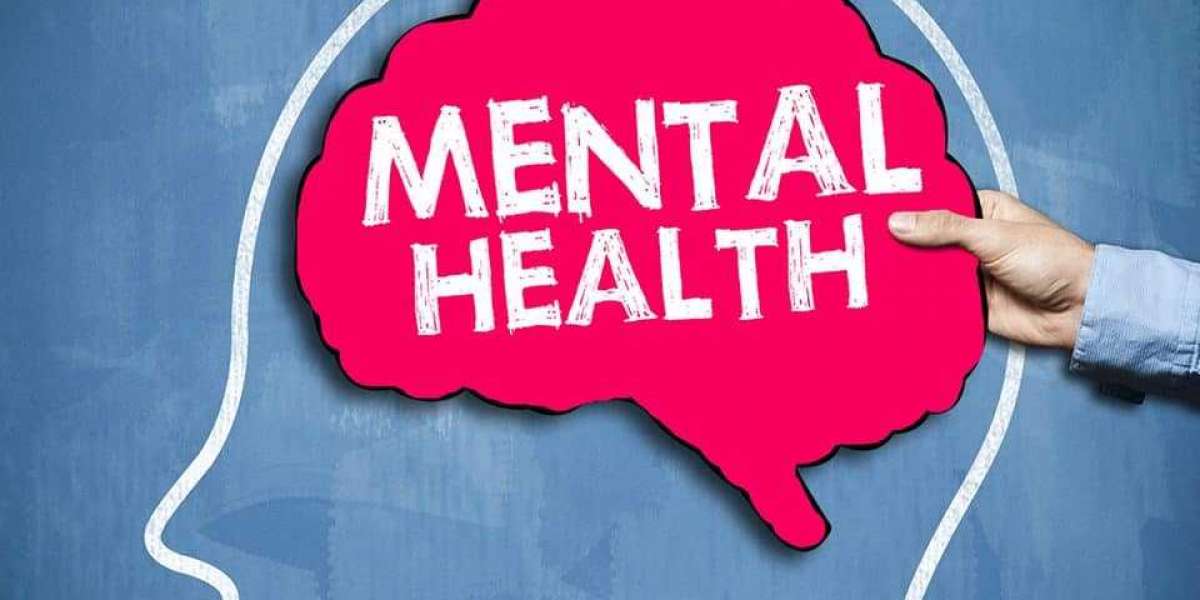Addiction and mental health often co-exist in a person, which makes addressing the dual conditions essential. This article will discuss the signs and symptoms of co-occurring disorders and the various treatment options available. Read on to learn more. Despite the fact that these conditions are not curable, they can be effectively treated with the right tools. Addiction and mental health are both complex issues that require a multidisciplinary approach.
Co-occurring disorders
Addiction and mental illness are often accompanied by each other. For example, individuals with PTSD are more likely to engage in substance use disorder. These individuals may change their eating habits and quit activities that they once found satisfying. They may also engage in risky behavior, experience delusions, or have extreme emotional highs and lows. Additionally, they may experience physical complaints that have no apparent cause. People who have both disorders may experience thoughts of suicide.
The exact numbers for the number of people with co-occurring disorders are not available, but studies suggest that over 20 million U.S. adults had a substance-use disorder in 2014 and nearly eight million were diagnosed with mental illness. The numbers are probably even higher today. While only 9% of people with co-occurring disorders received treatment for both, the rates of relapse are much higher.
Treatment for co-occurring disorders in addiction and mental heath is more challenging for people with these two conditions. In addition to the stigma associated with co-occurring disorders, traditional treatment models may not be equipped to treat both disorders at the same time. Additionally, traditional peer recovery groups may insist that people quit all medications and drugs. A proper diagnosis of co-occurring disorders will improve a person's recovery and decrease their chances of relapsing into an unmanageable state.
Symptoms
The signs of addiction are difficult to spot, but there are certain factors that you should watch out for. If you notice any of these symptoms, seek help as soon as possible. Insomnia is one of the most common withdrawal symptoms. Illicit stimulants can disrupt a person's sleep cycle, so they may stay up late for a few nights in a row. Their appearance will be disheveled and their clothes may not be washed. They may not have time to wash or practice proper personal hygiene.
People with a family history of substance abuse are particularly vulnerable. People with mental health problems are also more likely to develop addiction. The use of drugs can mask unpleasant feelings and make them worse. Peer pressure is another common cause, particularly among young people. Family dynamics and lack of parental involvement may also increase the risk of addiction. The relationship between addiction and mental health is complicated by addiction symptoms. Without a proper treatment program, a person may be addicted to many substances at once, including alcohol and marijuana.
When both of these conditions are present, they interfere with a person's ability to function, handle life's problems, and relate to others. Because these conditions are related, a person suffering from either one is likely to suffer from both mental health problems. The severity of a mental health problem may exacerbate the severity of a substance abuse problem, and vice versa. For example, alcohol abuse and depression may worsen one another's symptoms.
Treatment options
Residential treatment is available in several forms. Inpatient and outpatient treatment both offer 24 hour care. Outpatient treatment is less intensive than residential treatment and may be more appropriate for individuals with jobs or extensive social support systems. Intensive day treatment may offer similar treatment as residential treatment. Both outpatient and residential programs may use group counseling and other behavioral therapies to address the underlying causes of the addiction. Treatment options for mental health and addiction vary widely.
Psychotherapy is often used in addiction treatment. The goal of psychotherapy is to address the underlying causes of addiction and to help the individual regain functional performance in the social, professional, and family spheres. There are many types of therapy for addiction and mental health, including cognitive behavioral therapy, family conflict, and self-help groups. Some addiction therapies may also include medication. Depending on the type of addiction, a combination of therapies can be beneficial.
Psychiatric disorders include bipolar I and mania. Bipolar disorder involves severe mood changes and varying degrees of mania. Mania is marked by increased energy, little need for sleep, and impulsivity. Other disorders affect the way we think and form relationships. Among these are post-traumatic stress disorder and antisocial personality disorder. For more information, contact your local mental health department or seek treatment through a mental health professional.













